Market Trends
Key Emerging Trends in the Solar Control Glass Market
The solar control glass market has been owing to valuable trends that have drastically shown the instance of growing awareness and adoption rate towards sustainable systems in construction as well as automotive industries. One conspicuous trend is the growing popularity of smart solar control glass, resulting from technological innovations and requirements for dynamic adjustment in light penetration. These glasses are smart and equipped with advanced coatings and sensors that can change the level of transparency in accordance to external environment thereby moderating natural light, decreasing dependence on artificial lighting. In addition, a move towards sustainable green construction methods and tough energy conservation laws has driven the solar control glass market. Builders and architects are integrating these glasses into designs in order to improve energy efficiency, minimize heat gain, and create acceptable indoor conditions. Solar control glass has become an important element in sustainable buildings due to the growing emphasis on environmentally favorable practices and energy conservation. In the automobile industry, solar control glass market is witnessing a boom because of the growing requirement for fuel saving vehicles and improving overall energy efficiency. The solar control glass in automotive applications contributes to minimizing heat entering the vehicle thus reducing dependence on air conditioning systems and improving fuel efficiency. This trend continues to grow as car manufacturers try to adhere to tough emission standards and deal with environmental issues associated with automobile emissions. Moreover, the solar control glass market has shown a geographical extension where developing countries show an increasing interest for sustainable building solutions. The use of conventional construction materials has created environmental awareness and the need for energy efficient structures in emerging economies, thus promoting solar control glass. Governments and regulatory bodies in such areas also play a vital role by setting policies as well as incentives that encourage the use of environmentally-friendly building materials, including solar control glass. Also, many research and development activities are happening continuously in the market to improve solar control glass performance and its features. Nowadays, manufacturers are aiming at creating coatings that not only regulate solar radiation but also can provide other functionality as the self-cleaning feature and better durability. These innovations seek to resolve challenges and adapt to the changing needs of end-users, thereby creating superior competition in the solar control glass market. The solar control glass market is also affected by the current global fight against climate change.


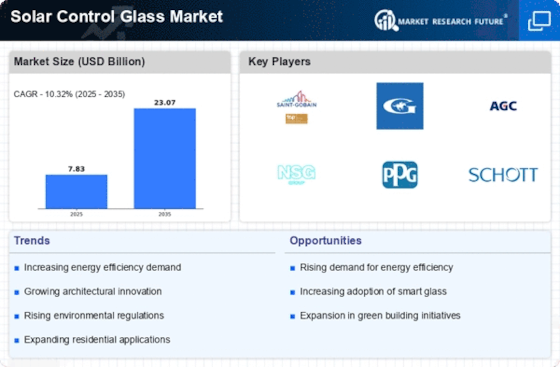
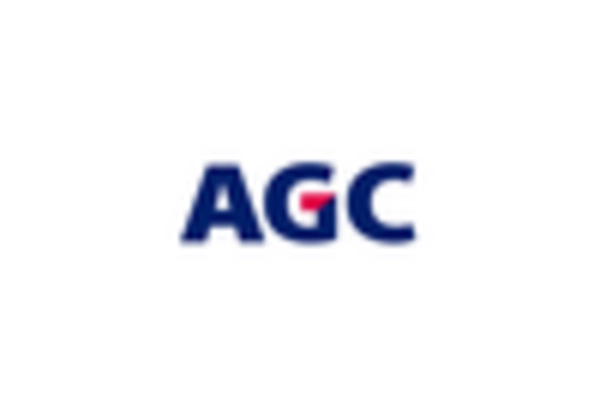
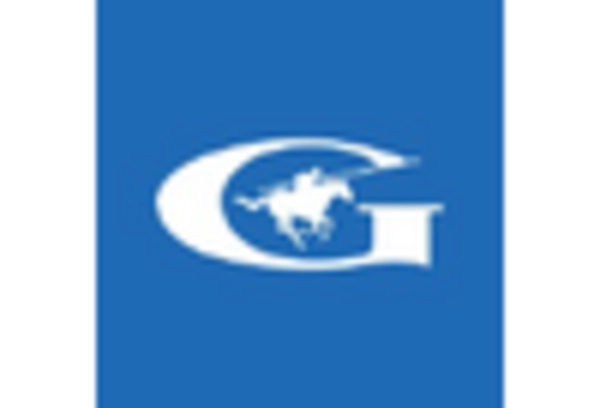
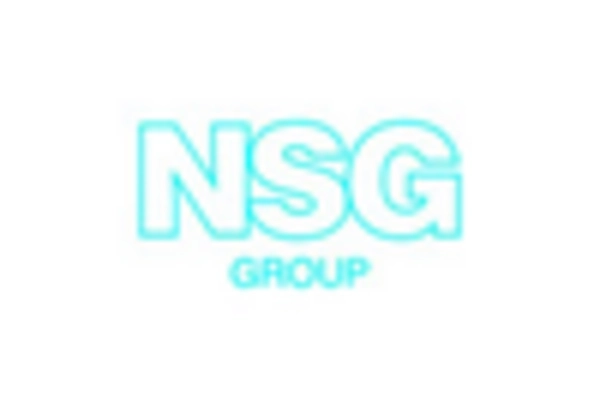
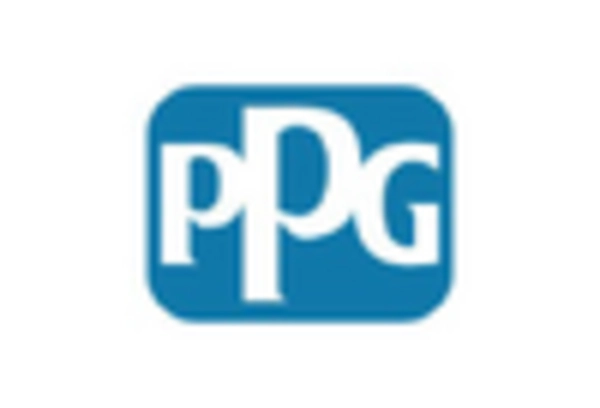

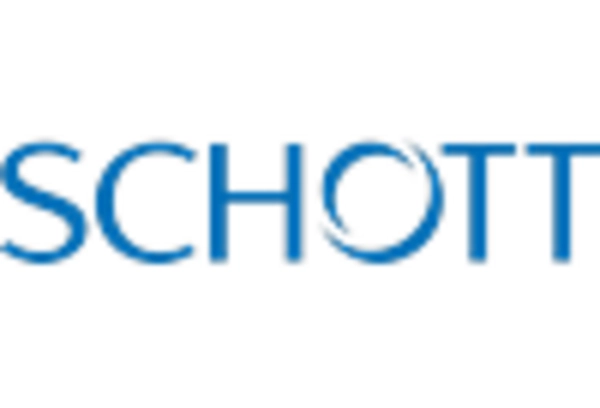









Leave a Comment